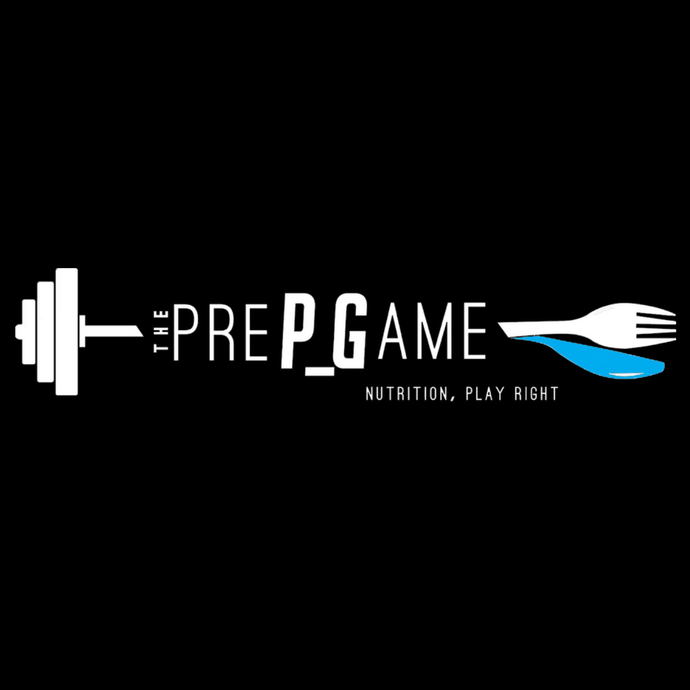Here is a photo of last night's prawn and tomato dish, a recipe I am trialling for my new book, and guess what, it is Paleo! Well almost....it would be if I hadn't melted the feta cheese through it, or served it on top of rice!! But it could be a tasty Paelo dish. If only it were a child-friendly dish in my house too, (my boys are two of the fussiest eaters I know, but I will leave that discussion for another day). Or budget-friendly, I can't imagine it would become a weekly regular in most houselholds, but it was delicious! Would it be a meal I would recommend for an athlete? Yes and no.
Consdering I am a sports dietitian, I thought I should follow up on my previous post about caveman style eating and consider whether Paleo is suitable for acitve people. My initial response would be 'no', but there is probably more to it. There are a number of high profile athletes who follow a Paleo style of eating and seem to do ok. Gary Ablett Jnr for example. I have heard and read in the media that he follows a Paleo style of eating, although I don't know what exactly that entails for him. I would love to know a little bit more about what he eats on training days and pre-game to give him the energy to run all day. Sweet potato three different ways for breakfast, lunch and dinner? It seems that he must be doing something right with his preparation, I am hearing Andrew Demetriou in my head right now at the Brownlow medal count, 'G. Ablett.....3 votes', 'G. Ablett.....2 votes', 'G. Ablett.....3 votes', etc.
The main concern about Paleo for active people is meeting carbohydrate fuel needs. Although I am still a little confused about 'true' Paleo and exactly which vegetables and fruits are ok, as sources vary. Carbohydrate requirements depend on the type of training and competition week-to-week, as well as individual body size and physiology. You always hear about carbohydrate being important for athletes, which it is, but the amount required can vary significantly between athletes and for individual athletes at various stages of the week and season.
In practice, I see a lot of athletes who are eating more carbohydrate than they need, as are much of the general population. Perhaps not intentionally, but sometimes people can underestimate the amount of carbohydrate in foods and fluids or forget to consider fluids entirely.
There are also athletes who do not eat enough carbohydrate for their specific needs and often there are obvious symptoms such as fatigue, but sometimes there are not and although the athlete may feel they are performing ok, they could be performing a lot better with well timed carbohydrate intake. Athletes are equally exposed to the media promotion of low-carb diets, but for many active people low-carb is not appropriate. Low-carbohydrate may be a useful strategy at particular times of the year in conjunction with specific body composition goals, but the definition ad degree of 'low-carbohydrate' is different for everyone. Cut down carbohydrate too much when you are training hard and you are likely to experience fatigue, impaired recovery and increased risk of muscle soreness, accident and injury. You may also end up losing muscle if kilojoules are particularly low, which will effect performance and potentially metabolism, which can lead to faster weight gain once carbohydrate intake increases.
So, is Paleo suitable for athletes?? I would still say 'no' to a super rigid Paleo style plan. It's not just all about the carbohydrate but the potential for inadequate intake of other nutrients, for example calcium which is an important mineral for athletes. In particular female endurance-type athletes who are lean, have low energy intakes and often menstrual dysfunction, as their bone density can be compromised and may have increased risk of stress fractures.
There are, however, particular athletes who definitely benefit from a reduced carbohydrate intake, specific to their individual needs and performance goals. As per my previous post, I love many of the concepts associated with Paleo, but others I am not so excited about . Athletes should be extra cautious of any type of 'popular' generic dietary plan or rules and would be better off addressing their own individual health and performance (and other) needs and planning and choosing foods accordingly. Each athlete will be different.
Would I recommend the prawn dish to athletes? Yes! But probably not the Paleo version, it tastesmuch better with feta! If an athlete had particular goals that required a reduction in carbohydrate then I may recommend serving it with salad, or a very small serve of rice. For an athlete with a heavy training session the next morning I would still suggest some salad but with a larger serve of rice.
G. Ablett, if you are reading this, I would love to hear exactly how you do Paleo seemingly so well? I would love to learn more.....





























